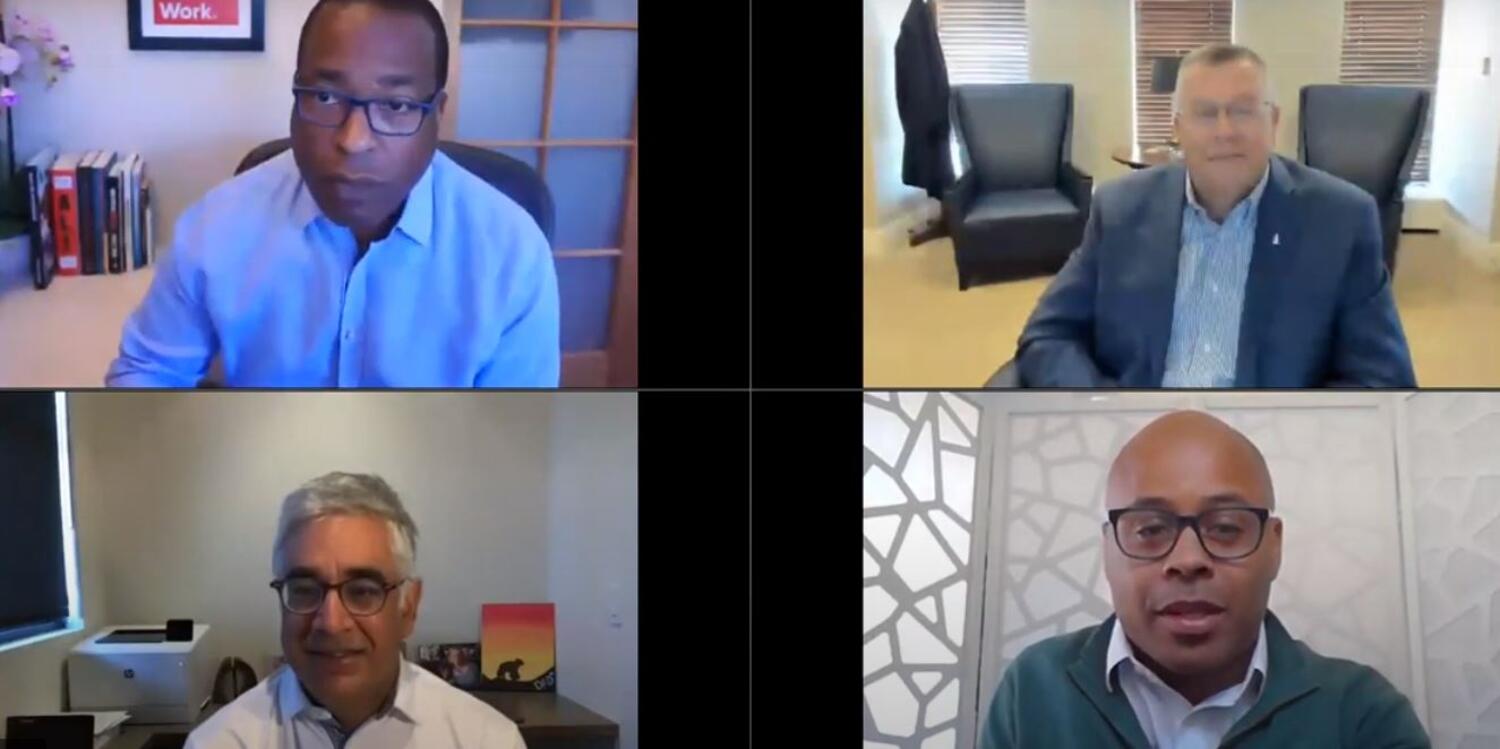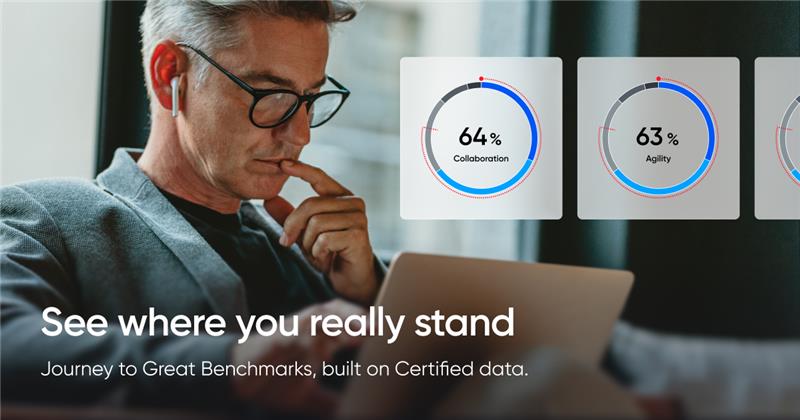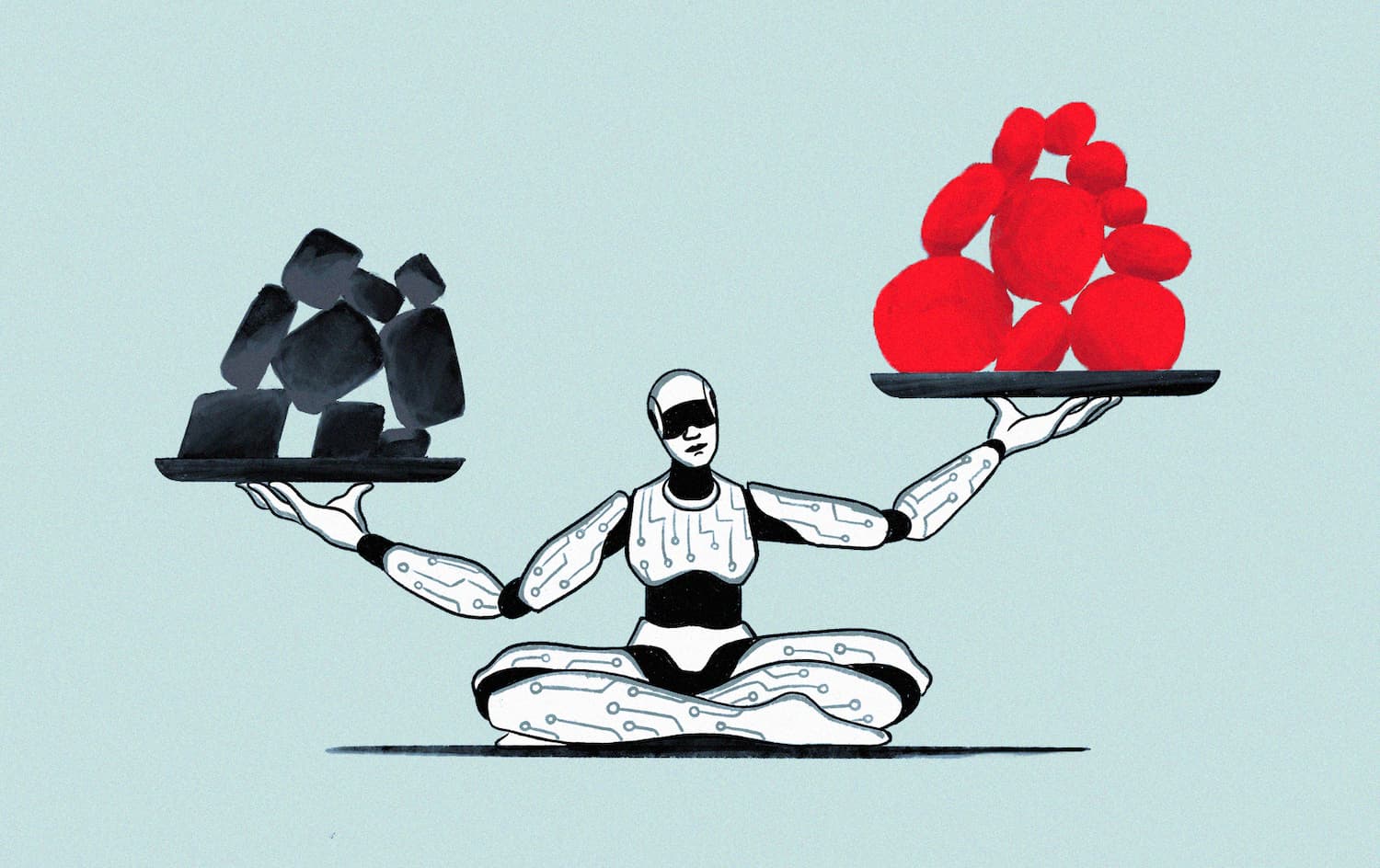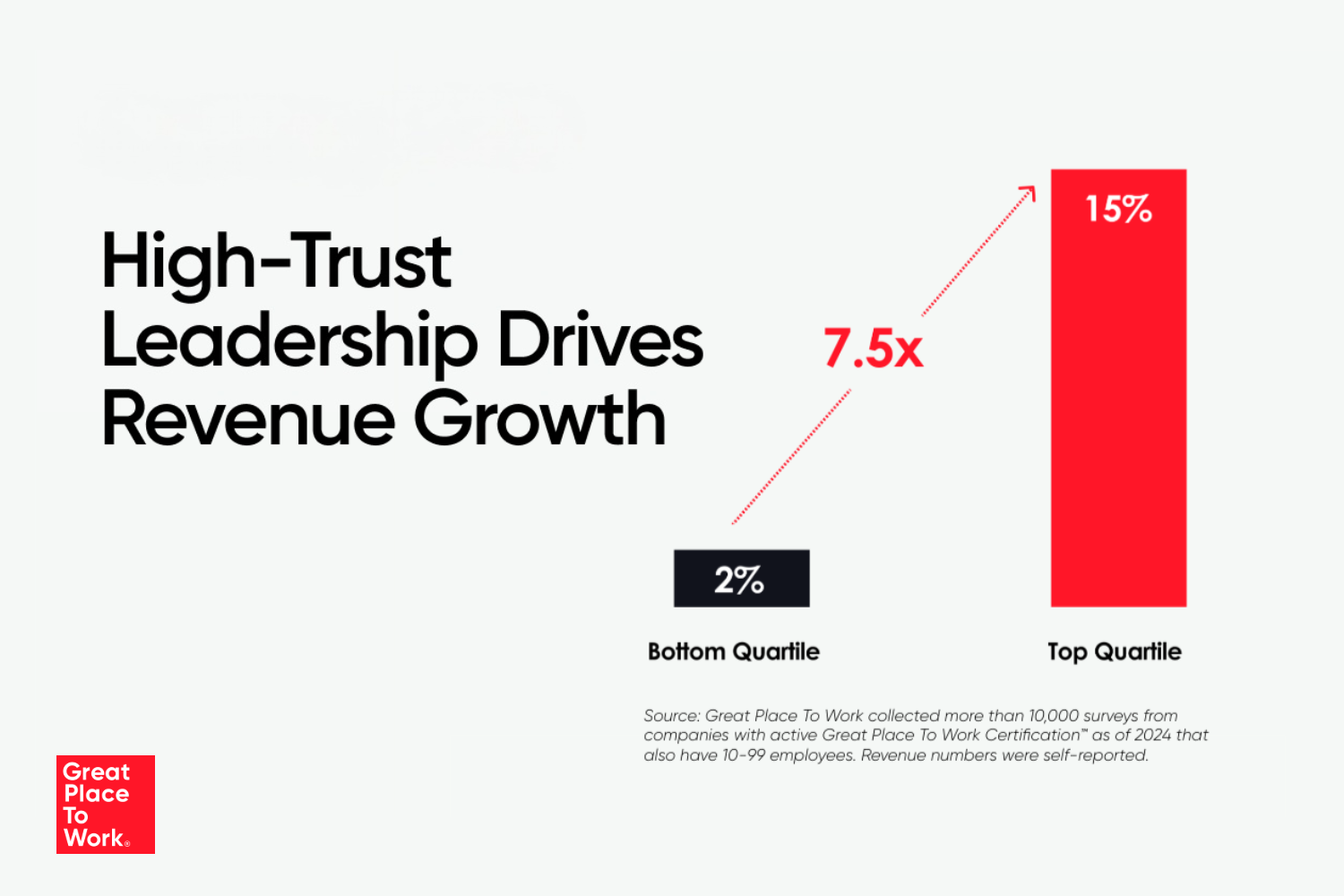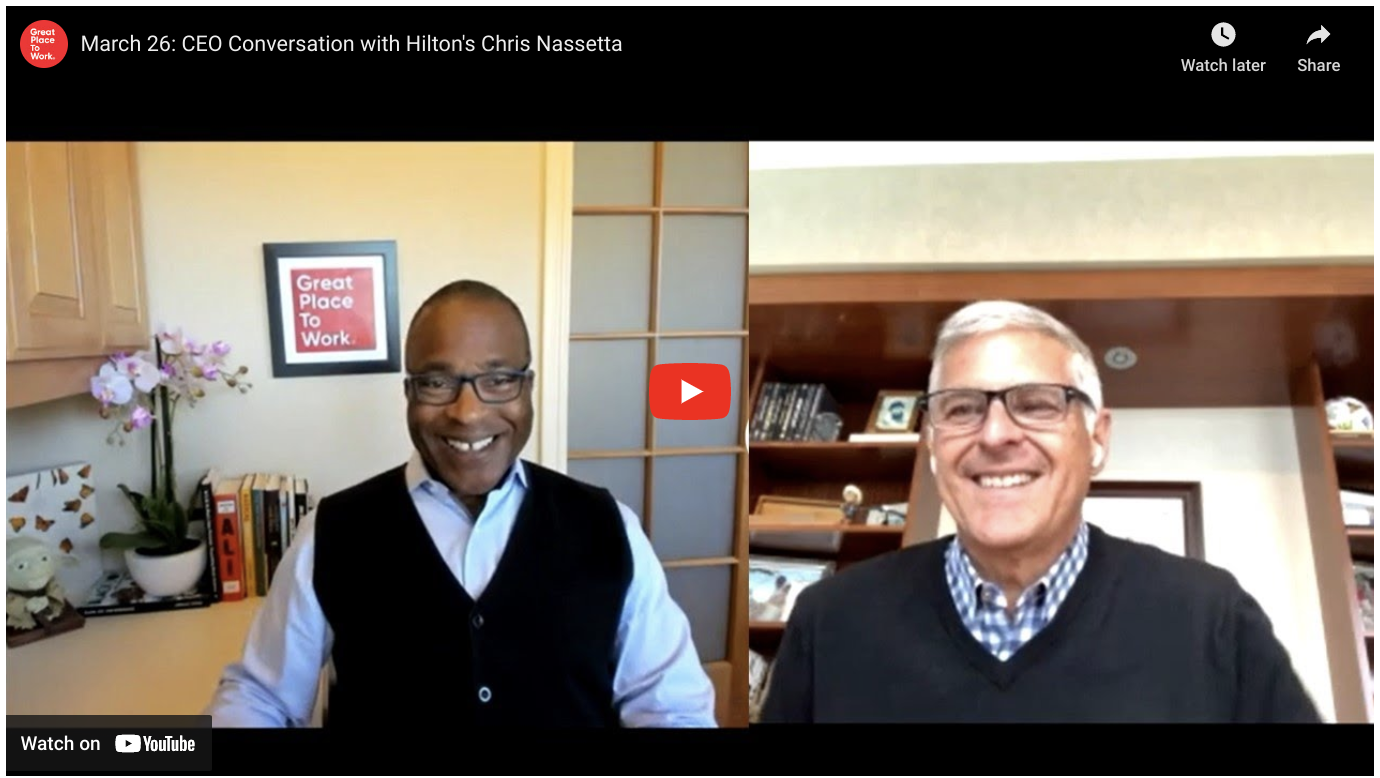
Caring , Diversity & Inclusion, FOR ALL, Remote & Hybrid Culture
Aneel Bhusri believes a business is more than just a collection of people, processes and profits.
For Aneel, the co-founder and co-CEO of software company Workday, a business has to be more. And that’s particularly true during difficult times like the COVID-19 pandemic and the global reckoning over racial justice.
“Companies need to have a soul,” Aneel says. “I really believe that, especially in today’s world, companies and CEOs need to have a soul and they need to take care of their communities.”
Kirt Walker, CEO of insurance and financial services giant Nationwide, has a similar view. Among other giving-back efforts, Kirt’s company supports the Nationwide Children’s Hospital in Columbus, Ohio—where no child or family is turned away because they cannot pay for services. Workday recently supported this Nationwide effort, donating $1 million to the hospital.
Kirt says this collaboration is in keeping with how his company does business. Not merely through digital transactions, but through human connections that pay off in the long run.
“We have partnerships and then they form relationships,” Kirt says. “I believe when relationships matter, Nationwide wins.”
Aneel and Kirt discussed their people-first way of leading during the September 25 edition of “Better Together,” Great Place To Work®’s conversation series with exceptional, purpose-driven leaders.
The two leaders, along with Great Place To Work CEO Michael Bush, discussed how Workday and Nationwide have responded to the COVID-19 pandemic by caring for employees, customers and communities.
People-first amid the pandemic
Both Workday and Nationwide responded to the COVID-19 pandemic by basing decisions on core company values.
Aneel and his team canceled a 3,000-person sales kick-off meeting in Florida slated for early March. It was early in the pandemic, and the company was one of the first to cancel such a large event when others were still taking place. But Aneel said looking out for his people’s health came straight from the guiding principles that the company was founded with.
“The first thing we did when we started the company was actually to settle on a value system, even before we wrote a single line of code. Number one on that value system was employees. Number two, customers,” Aneel said. “I know a lot of people always say, customers are number one. I’ve never seen a company that has unhappy employees and happy customers.”
Beyond canceling the sales meeting at the outset of COVID-19, Workday took other steps to care for employees. The company sent virtually all employees home to work—something made easier because Workday’s software runs in the cloud. Aneel and team also gave every employee in the company below VP level a two-week bonus.
"I’ve never seen a company that has unhappy employees and happy customers.” — Aneel Bhusrui.
“We knew there were going to be issues,” Aneel said. “Maybe one of the spouses or significant others would lose a job, taking care of the elderly parents, taking care of kids. They would need that financial wherewithal.”
A third action has been to invest in mental health services for employees.
Emotional well-being remains Aneel’s biggest concern. “I'm most worried about the mental health of our employees, especially parents with young children at home,” he said. “That seems to be the particular group that’s most challenged right now.”
Nationwide protects people
As a mutual insurance company, Nationwide is about taking care of people in difficult times. The company's mission statement puts it plainly: “We protect people, businesses, and futures with extraordinary care.”
That brand promise helped steer Kirt’s decisions through the global pandemic.
“We’re a values-based company,” Kirt said. “Our number one priority is [that] we value people. We said, ‘We've got to get people safe so they can continue to protect and provide services to our members.’ So in four days, we transitioned nearly 28,000 associates [to] 100% work from home.”
The next step, Kirt said, was to keep people informed. Nationwide sent out weekly emails and began live, company-wide town halls. More than 20,000 associates would show up.
Kirt explains: “What we said was, ‘You vote on what questions you want. And as the CEO and as a management team, we will take them in the order that you present them. We will not ignore a single question. Doesn't matter how hard it is, we will take it on.’"
Nationwide also gave all employees up to four additional weeks of time off to care for family members and their own mental health. Kirt agreed with Aneel that a key issue is working parents having to care for children going to school virtually. Nationwide’s steps to support those parent employees, and others struggling, include ongoing well-being events, such as “Mindfulness Mondays” and “Wellness Wednesdays.”
There’s also an “associate assistance program” that can offer additional resources. “If you're having a time of need, come to us,” Kirt explained. “We'll help you out."
That spirit of caring for everyone gets at the “soul” of business that Aneel discussed. It’s a big part of why Nationwide and Workday are Best Workplaces™. And why Best Workplaces are poised to not only survive but thrive during hard times.
Stay tuned for a follow up post on the ways Workday and Nationwide have addressed the racial justice reckoning.
Watch the full conversation with Workday’s Aneel Bhusri and Nationwide’s Kirt Walker.
Learn how to evolve your culture to keep up with our ever-changing world at the next CEO conversation, Better Together.


